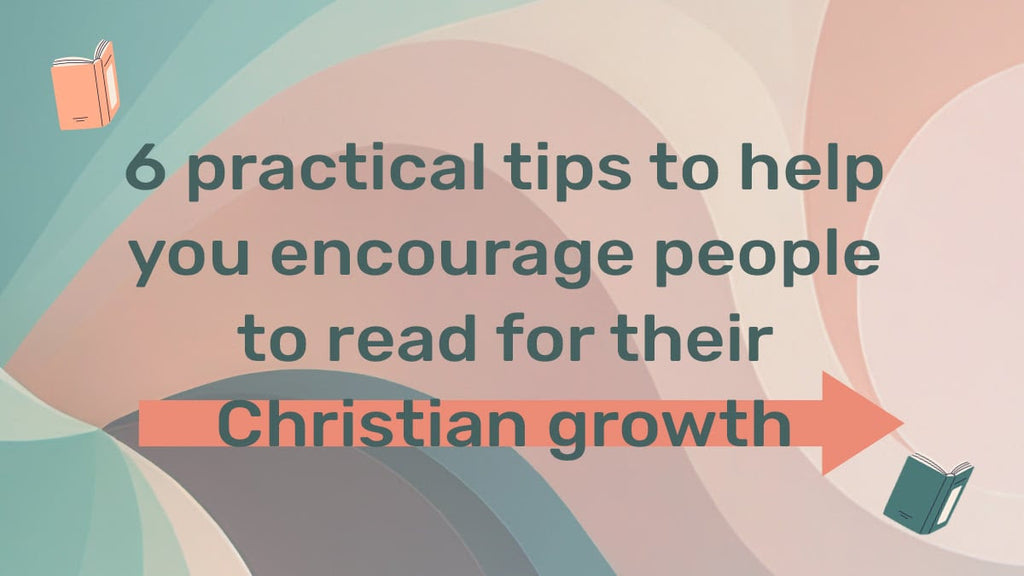I went ahead and asked; um, now what?
I hope you didn’t miss the really encouraging blog post by Chris Wells, ‘Go ahead and ask’. Chris gave us five compelling reasons why we should ask our non-Christian friend to read the Bible with us, which more than offset the “ninety-nine reasons” that flood into our heads and convince us not to ask when the opportunity presents itself.
As a lifelong ‘rationalizer’, that article certainly resonated with me. Most of my reasons for not asking are just that: rationalizations that don’t stand up to scrutiny. But one reason I think that many of us have for not asking is this: we don’t know what to do if they actually say yes.
So I want to share some thoughts about resources that might help you overcome that last hurdle.
You don’t need ’em
Firstly, you don’t need to use any other resources than your Bible. As David Helm puts it in his book One-to-One Bible Reading: a simple guide for every Christian:
… the greatest hindrance to inviting someone to read one-to-one will be an unbiblical view that you are not ready for this. You will tell yourself that you haven’t been properly trained, or simply don’t know enough about the Bible to help another person along the way… But it’s also just not true. Any committed Christian is capable of initiating a good conversation on a biblical text.
Theologically we affirm that the power to generate Christian faith is found in the “word of Christ” (Rom 1:16, 10:17). We don’t need other resources to make it ‘effective’.
But it’s more than just an important theological point. There is an attractive integrity to opening up the Bible—most likely to one of the four Gospels—and just reading it with inquiring minds. And as the quote above suggests, if you’ve been a Christian for a while, you should be able to lead an unbelieving friend through a Gospel and help them understand what they are reading.
In fact, David’s book contains suggestions for which parts of the Bible to open up with a non-Christian (see chapter 9). He also suggests using the Swedish Method or COMA method (Context, Observation, Meaning, Application), and gives some standard COMA questions you can use for reading through Mark (chapter 10).
But they can be useful
But the fact that David suggests some standard COMA questions to use reminds us that we don’t have to reinvent the wheel. We don’t have to become instant experts at knowing what questions to ask or what points to focus on in the passage we are reading with our non-Christian friend. Resources can support the key task of opening up the Bible and exploring what it says.
Furthermore, having someone else (i.e. the author of the study guide) raise the challenging questions can be easier relationally than you posing those questions directly to your friend.
So what are some of the one-to-one evangelistic study guides that are available? I’m glad you asked, because Matthias Media has a healthy selection, all slightly different. In the end, however, it probably doesn’t matter too much which one you choose because they all communicate the gospel clearly, and God can use (and many times over the years has used) any of them to help bring people to faith.
Two Ways to Live: a Bible study
Based on the well-known six-point gospel outline, this is the shortest of all our evangelistic one-to-one studies. It is designed to be done in one session of around an hour. It delivers the Two Ways to Live message, but gets people opening a Bible to see that the truths are all coming from those pages.
This set of four studies poses and answers four key questions: Who is God? Who is man? Who is Jesus? Right with God? In that sense, it takes a slightly more philosophical approach, which is often useful for those with little Christian background or Bible understanding. It’s also available in Chinese.
These five studies are all based in Mark’s Gospel, and focus on five challenging questions Jesus asks: Are you so dull? (7:1-23); Who can forgive sins? (2:1-12); Who do you say I am? (8:27-38); What must I do? (10:17-31); and My God, my God, why? (14:53-65, 15:1-41). Non-Christians can be encouraged to read the whole of Mark’s Gospel, though you do focus on specific passages.
These five studies have been written for use with people who have a religious background (particularly Roman Catholic). The five topics are: God the saviour; why we need to be saved; the atoning sacrifice; trusting God; and living for God. One of the helpful things about these studies is that they avoid the use of Christian jargon that might have significantly different meanings to people of different religious backgrounds.
You, Me and the Bible: a reading guide to the six central ideas of the Bible
Like Two Ways to Live: a Bible study, these studies are also based on the Two Ways to Live gospel outline. But, instead of doing all six points in one go, they tackle one point at a time across six sessions. There are helpful online summary videos that can be viewed at the end of each study.
Although developed for use in small groups, the Simply Christianity course can be used in a one-to-one context, and uses Luke’s Gospel.
I hope you can make use of something in that list. But if you don’t, and you stick with just your Bible, well, praise God!










